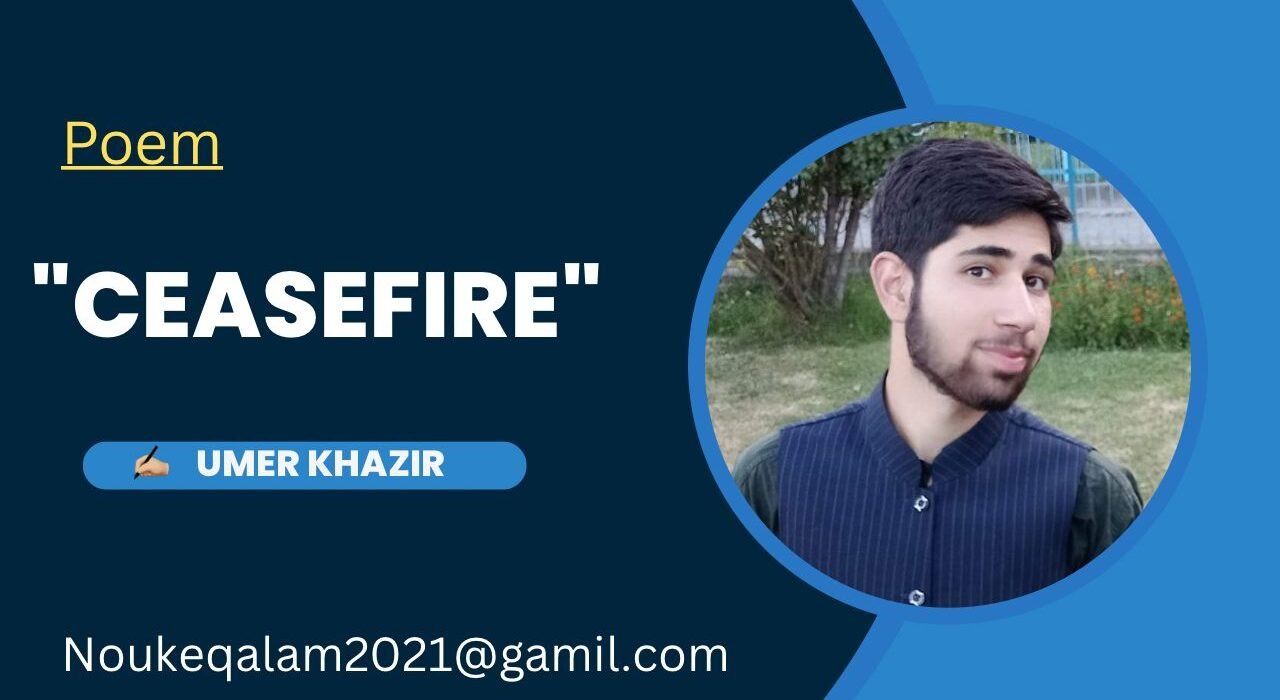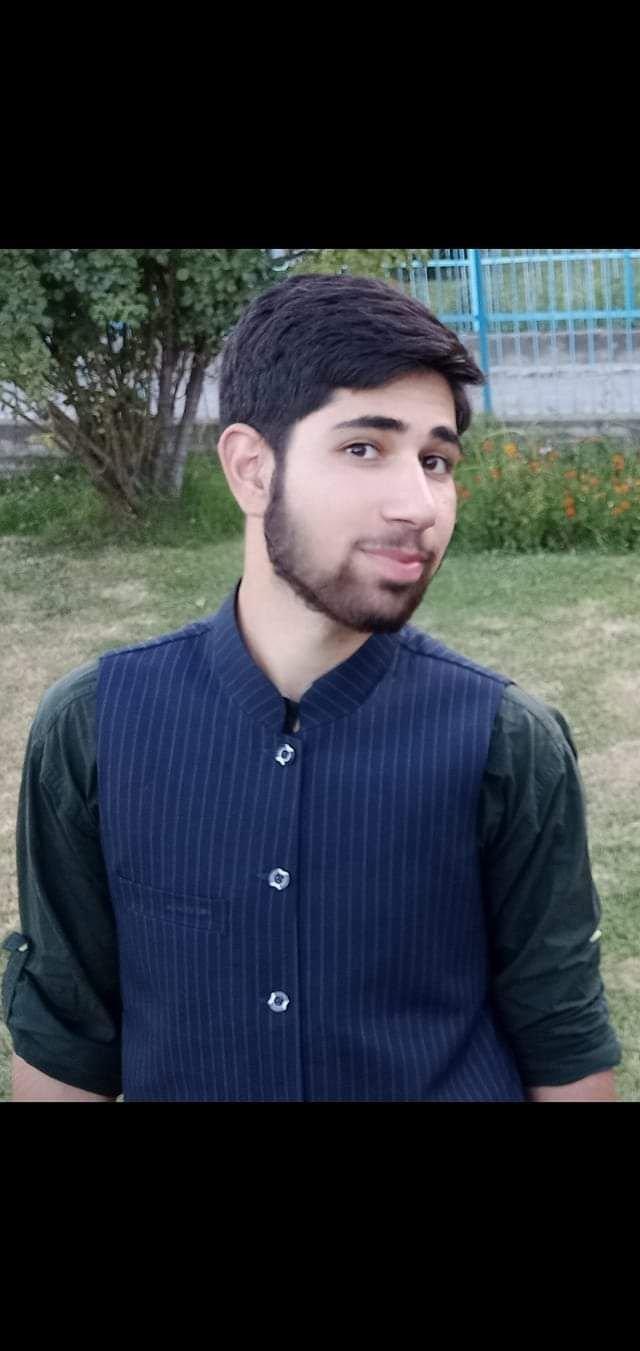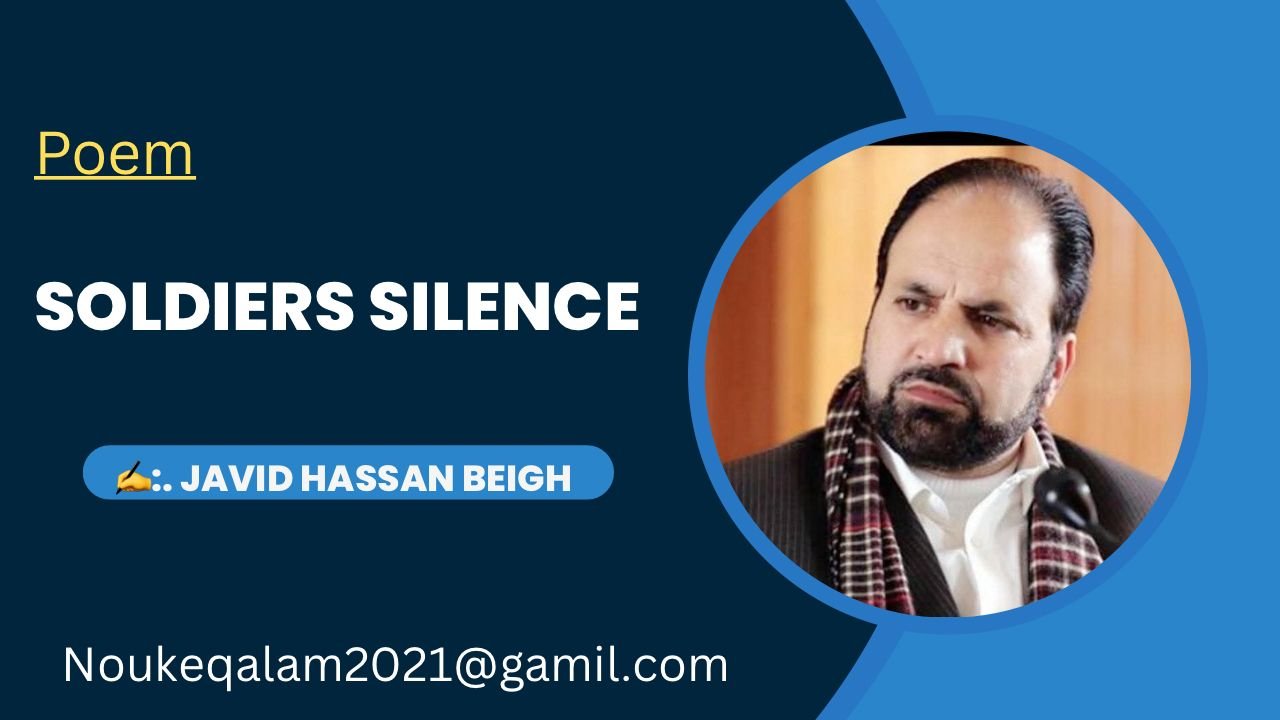They raised their hands,
not in surrender,
but in a gesture sold as peace.
A ceasefire, they said.
An end to fire,
but not to fear.
Not to grief.
The ink had barely dried
on papers passed in shadows
when mothers still wept
for children buried under rubble
unnamed, uncounted,
unspoken.
They staged it like a truce,
but it was theatre.
A drama of diplomacy,
where the lead roles wore suits,
and the dead were extras
no one remembered.
It wasn’t peace.
It was pause.
A break in the noise
so they could count their gains,
shuffle borders like cards,
and call it balance.
But the silence—they don’t speak of the silence.
It was loud with ghosts,
echoing with “why?”
And all the while,
the ones who never picked up a gun
paid the highest price
for a war they never wanted.
So tell me,
when the fire ceases,
but the pain goes on,
can we still call it peace?
Or is it just a prettier kind of war?







Pir zada aadil
May 11, 2025Why does the text refer to the ceasefire as “theatre” or “drama of diplomacy”?
Or
What does the silence after the ceasefire symbolize in the text?